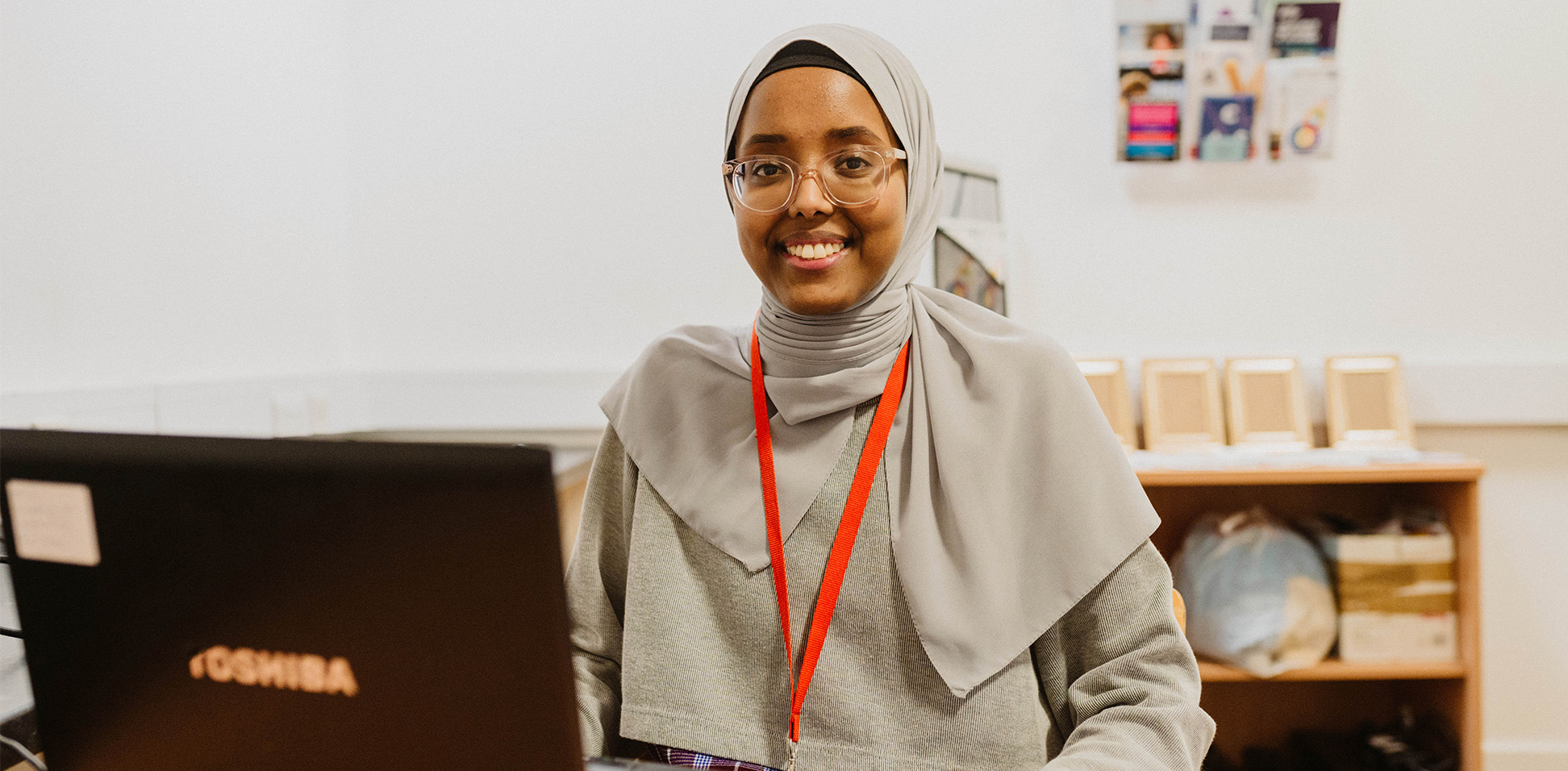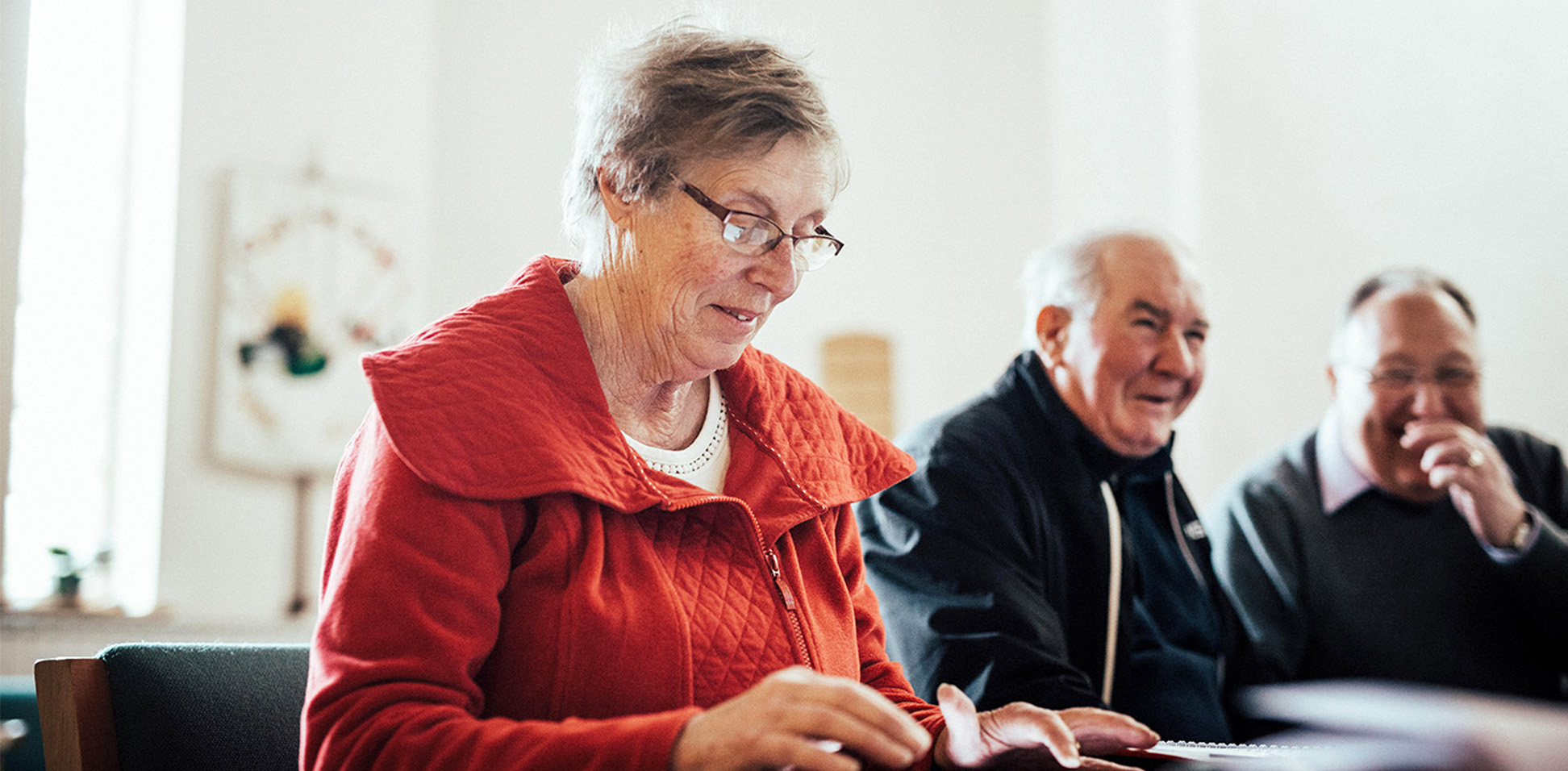Digital inclusion and health - summary of key statistics
09/12/2024
First published December 2024
A summary of recent evidence highlighting the intersection between health and digital inclusion or digital exclusion.
The impact of digital integration into healthcare
Increasing integration of digital into healthcare offers opportunities for improved efficiency and access to health services.
However, it may also exacerbate existing inequities, whereby people who are more likely to face barriers to digital inclusion also experience more health inequalities and adverse health outcomes.
Below is a summary of recent evidence highlighting the intersection between health and digital inclusion/exclusion.
Groups who face barriers to digital inclusion
Low income households:
- Only 81% of people on the lowest incomes (<£13,499) have Foundation Level digital skills, compared to 96% of people on higher incomes (£40,000-£74,999 / £75,000+) (Lloyds Bank, 2024).
People with disabilities or impairments:
- Only 76% of people with any kind of impairment have Foundation Level digital skills, compared to 91% of people with no impairment (Lloyds Bank, 2024)
- Only 72% of those with a learning or memory impairment have Foundation Level digital skills, compared to 91% of those with no impairment (Lloyds Bank, 2024).
Older people:
- One in three people aged 65 and over either do not have, cannot afford, or do not use the internet at home (Centre for Ageing Better, 2023)
- Only 53% of people aged 75+ have Foundation Level digital skills (Lloyds Bank, 2024).
Digital exclusion makes accessing health services harder
- 33% of those who are offline find it difficult to interact with NHS services (Good Things Foundation, ‘Digital Nation’ 2024)
- People with an impairment are 1.5 times more likely to struggle to interact with the NHS than those with no impairment (Lloyds Bank, 2024)
- 46% of Gypsy, Roma & Traveller people reported that they had no access to digital primary care services (Roma Support Group, 2024)
- 85% of people representing organisations working with inclusion health groups agree that digital exclusion is a barrier to people in inclusion health groups accessing mainstream health services (Pathway & Crisis, 2024)
- 31% of carers said they don’t know how to access medical records online for themselves, and 34% said they didn’t know how to access medical records online for the person they care for (Carers UK, 2023).


